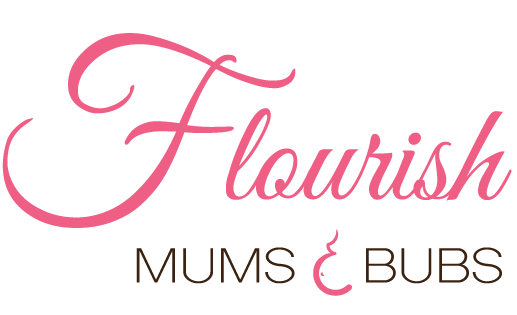“Do I have enough milk?” The big question so many mums ask.
Most mums will make plenty of milk for their babies. Learning to breastfeed is a little like learning to ride a bike, it requires patience and support when you first take off. Once mastered you’ll be able to feed without even thinking about it. However, this isn’t the case for some mothers, and they need some extra nutritional and herbal support to keep up with their baby’s demand. Even mums with adequate supply have days when they feel they need some extra nutritional support. You may have had a marathon few days feeding your baby during a growth spurt or perhaps you’ve been unwell. Mums with older babies or mums with numerous children get tired from constantly being on the go, they too may benefit from the support of galactagogue herbal tea. Galactagogues have been used for centuries to help mums increase and maintain their supply.
My breastfeeding tea is a beautiful blend of organic botanicals that naturally promote milk production and help sooth your baby’s tummy, easing the effects of colic.
After much deliberation, testing for effectiveness and flavour I was finally satisfied and excited about the herbs I chose for this blend. Upon request I didn’t use the well-known galactagogue fenugreek as this herb has been known to unsettle the tummies of some breastfeeding babies.
My blend contains 5 different galactagogue herbs that are well known for their effectiveness, Goats Rue, Shatavari, Aniseed, Fennel and Ginger with a touch of beauty and flavour from Rosehips, Hibiscus and Calendula. If your supply is low you can drink this tea 4 x per day. If you’re looking to maintain your supply 1 - 2 cups per day should be sufficient. During the hot months this tea is fantastic chilled and poured over ice. It’s beautiful red colour and flavour is fun and delicious to mix half and half with mineral water.
Here’s some tips to help you know if your newborn is getting enough milk?
Here are a couple of simple indicators to help you know if your baby is getting sufficient breast milk.
§ Your baby will wake on their own for regular feeds, newborns generally feed every 2 to 3 hours.
§ Your baby will be alert when awake, (not necessarily happy, babies are human they aren’t always happy).
§ Your baby will have the expected urine and faeces output daily. One movement of each kind day one. Two on day two. Three on day three and so on following the same pattern until day 7.
If your baby is thinner than other babies it doesn’t mean they are deprived of food. My first baby was a thin baby. She was a very efficient feeder and loved her breastmilk. She solely breastfed until 7 months at which time I introduced solids. She continued to breastfeed until 2 years of age.
My second baby was a very chubby baby. She also loved her time breastfeeding and reached for solids by 4 months of age. The first baby is now 25 years old and is tall and slender. The chubby bub is now 20 years of age and is shorter and more solid boned than her sister.
We are all different and gain weight and grow in our own unique ways.
One thing you may find helpful and may help you avoid confusion and doubt in your ability to breastfeed your baby is to wait to pump breast milk and feed from a bottle until your baby is at least 6 months of age. Breastfeeding success depends on the simple act of supply and demand. What your baby drinks your body will replace. Trust that your baby and your body know how to work together and support this natural process where possible.

